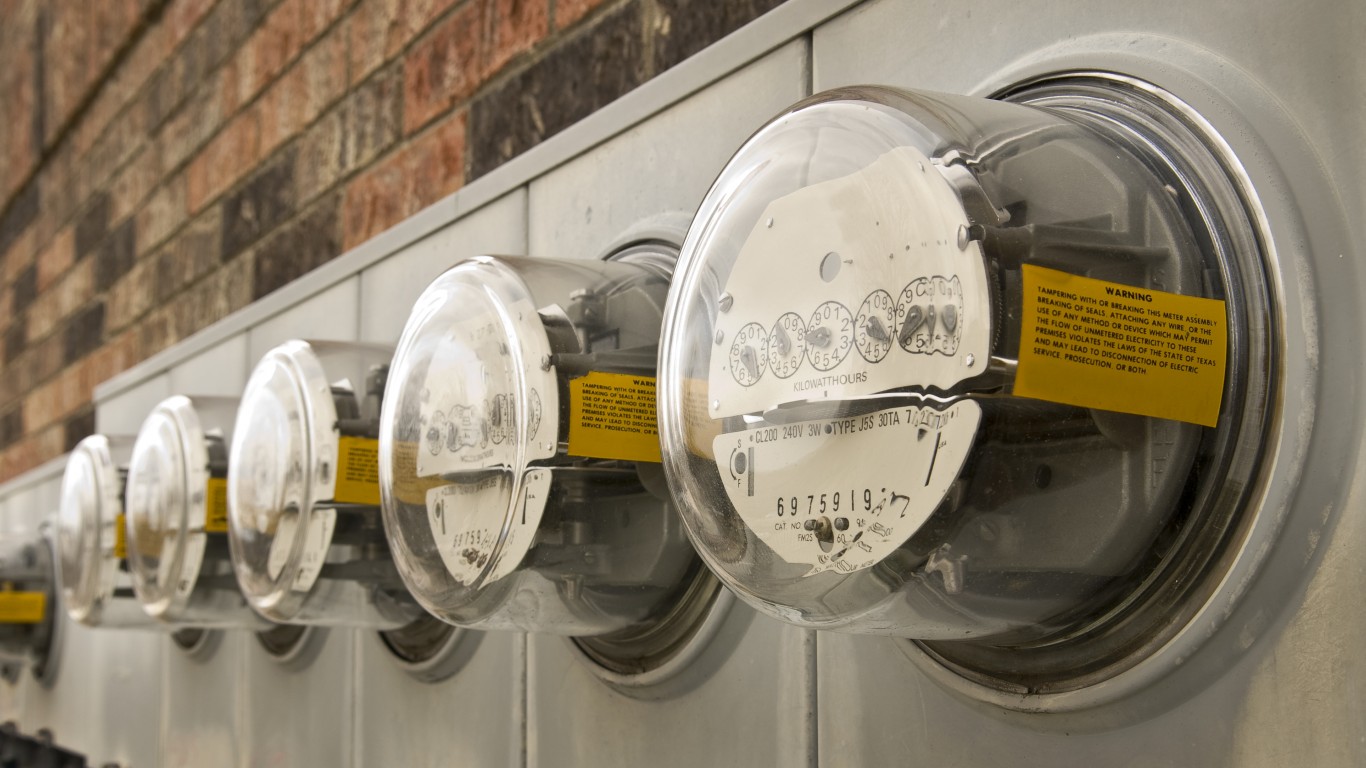Infrastructure
US Customer Satisfaction With Energy Utilities Falls

Published:
Last Updated:

It did not matter much to U.S. consumers last year whether their natural gas and electricity supplies came from an investor-owned utility company, a municipal utility or a co-operative. Overall satisfaction with utility services fell by 2.7%, according to the American Customer Satisfaction Index (ACSI), from 75 in 2018 to 73 (out of a possible 100) in this year’s survey.
Customer satisfaction with investor-owned utilities fell from 75 to 73, while municipal utilities suffered a similar 2.7% drop in satisfaction, also from 75 to 73. Co-ops, which remain the most popular source of utility services, dropped 2.6% from 77 to 75.
The top-scoring investor-owned utility is CenterPoint Energy Inc. (NYSE: CNP), which serves more than 7 million customers primarily in Arkansas, Indiana, Louisiana, Minnesota, Mississippi, Ohio, Oklahoma and Texas. CenterPoint’s ACSI score of 80, the highest among all types of energy providers, was still two points below its 2018 score.
The decline in customer satisfaction with utility companies comes down to some predictable complaints:
Higher prices and extreme weather are largely to blame for waning customer satisfaction among natural gas and electric service providers. Customers also report a decline in electric power reliability, putting more pressure on the sector to upgrade and strengthen the grid.
The satisfaction score for the investor-owned utilities related to their ability to restore service following an outage fell from 80 a year ago to 76, the largest drop on any survey question. Scores fell on all eight survey questions.
A total of 13 investor-owned utilities scored higher than the 2019 average of 73 on the ACSI survey. Among the poorest performers was PG&E Corp. (NYSE: PCG) with a satisfaction index score of 70. The company has filed for bankruptcy protection following two years of massive fires in its service area in northern California that have caused more than 100 deaths and billions of dollars in property damage.
Municipal utilities scored higher than investor-owned and co-operative utilities on reliability (86 compared to 80 and 83, respectively) and higher than investor-owned utilities on power restoration after an outage (80 compared to 76), and slightly behind co-ops which scored 81.
For details and methodology, visit the ACSI website.
Thank you for reading! Have some feedback for us?
Contact the 24/7 Wall St. editorial team.